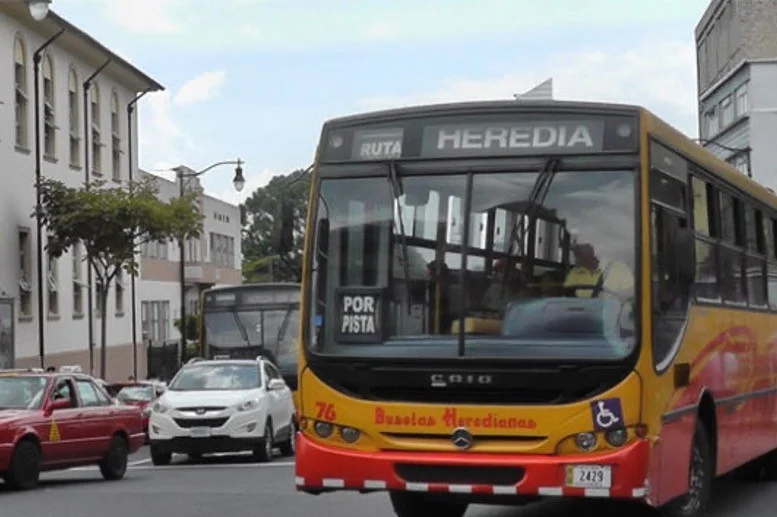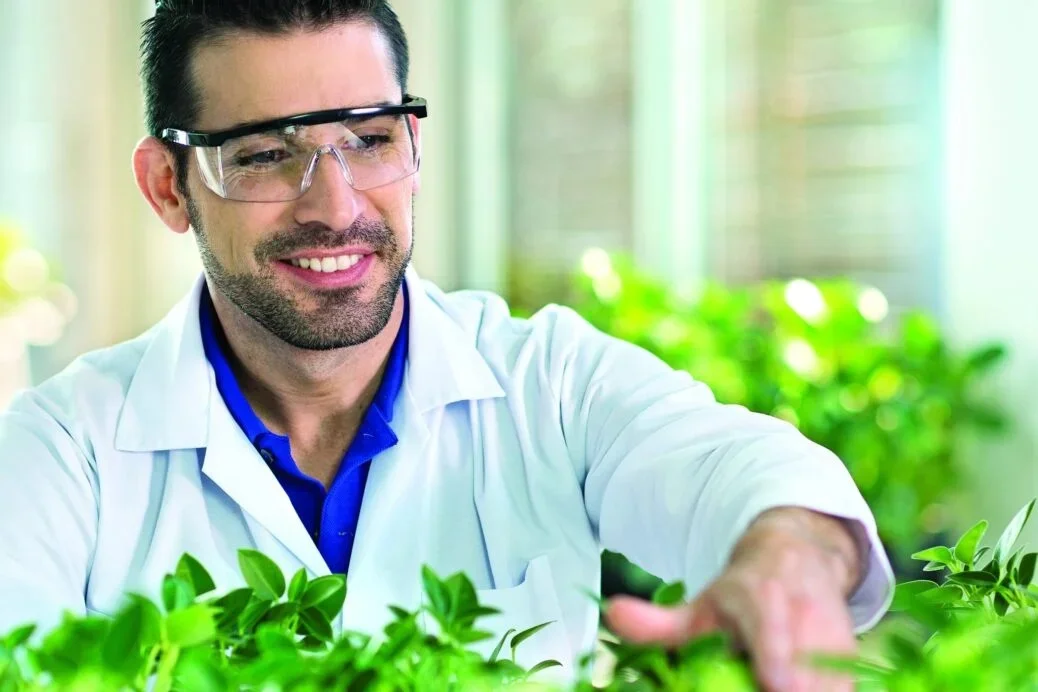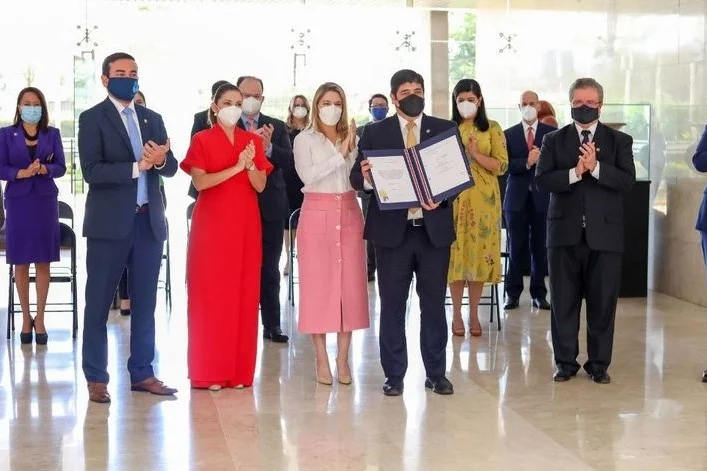Sustainable Mobility in Costa Rica”: Breaking the Traditional Paradigm in Transport

The perspectives and challenges to achieve sustainable mobility from the government and civil society vision, with the support of the academy, was the protagonist in a special forum that had TEC as a meeting point.
With the participation of the First Lady of the Republic, Claudia Dobles as well as the Executive Director of the Center for Urban Sustainability (CPSU), Juan Pablo Castro, and through the questions asked by the TEC community, it was possible to have a space for discussion that distinguished diverse edges of the transport and its characteristics in the country.The seven questions asked mostly by the participating students and by the moderator, Carlos Meza, allowed giving an overview of public transport, road infrastructure, community empowerment as well as close coordination between local and central governments and civil society.
The architect and First Lady of the Republic stressed that one of the first steps to achieve sustainable mobility is to break the traditional paradigm that exists in transport, which largely includes the cultural component.
For Dobles, one of the main challenges is to go beyond the current body-centering, since it is also necessary to improve both the inter-institutional articulation as well as the characteristics that public transport currently has. “If we want people to leave our cars and go for public transport, this without a doubt must improve,” she said.
Both Dobles and Castro agreed on the need for communities to have a voice beyond the needs so that they are also involved in the management and construction characteristics of sustainable mobility.
For his part, the Director of the CPSU pointed out the need for cities to be spaces that have more diverse opportunities both for work, entertainment, services, and mobility. “We must modernize many of the current concepts and laws in the country,” Campos said.
Before the question, both speakers highlighted the contribution from the technological perspective that the University can have through innovation as well as professionals in different fields of mobility and urban planning.
Within the framework of the discussion of the technological component and future actions, the First Lady highlighted the project that will begin at the end of 2020 with the implementation of an electronic payment system for the country’s rail transport. Through an application, which will be linked to an account or bank card, users will be able to pay for their tickets using a QR code that will be generated on the same cell phone. “Electronic payment will generate demand data and based on these, better decisions can be made,” added the architect.
Dobles, who was named by the international magazine Fortune among the 50 most important leaders in the world, also highlighted the necessary transition of the country to understand that motorized, pedestrian, and cyclist mobility must be safely considered. It also indicated the prevailing obligation to avoid social exclusion. “Beyond making a change in infrastructure, we must make a change in dynamics,” concluded the First Lady.
This activity was carried out within the framework of Environmental Week and was organized by the Institutional Unit for Environmental Management and Occupational Safety (GASEL).
 Albania
Albania Algeria
Algeria Andorra
Andorra Argentina
Argentina Armenia
Armenia Australia
Australia Austria
Austria Azerbaijan
Azerbaijan Bahrain
Bahrain Belgium
Belgium Bolivia
Bolivia Brazil
Brazil Bulgaria
Bulgaria Cambodia
Cambodia Cameroon
Cameroon Canada
Canada Chad
Chad Chile
Chile China
China Colombia
Colombia Costa Rica
Costa Rica Croatia
Croatia Cyprus
Cyprus Czechia
Czechia Denmark
Denmark Ecuador
Ecuador Egypt
Egypt Finland
Finland France
France Georgia
Georgia Germany
Germany Ghana
Ghana Greece
Greece Hungary
Hungary Iceland
Iceland India
India Indonesia
Indonesia Ireland
Ireland Italy
Italy Jamaica
Jamaica Japan
Japan Jordan
Jordan Kazakhstan
Kazakhstan Kenya
Kenya Kuwait
Kuwait Latvia
Latvia Lebanon
Lebanon Libya
Libya Lithuania
Lithuania Luxembourg
Luxembourg Malaysia
Malaysia Maldives
Maldives Mali
Mali Malta
Malta Mexico
Mexico Moldova
Moldova Monaco
Monaco Morocco
Morocco Netherlands
Netherlands New Zealand
New Zealand Nigeria
Nigeria North Macedonia
North Macedonia Norway
Norway Oman
Oman




